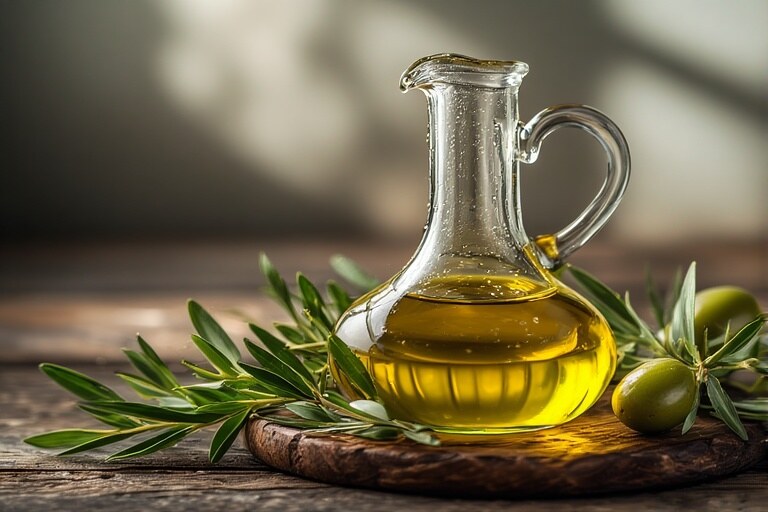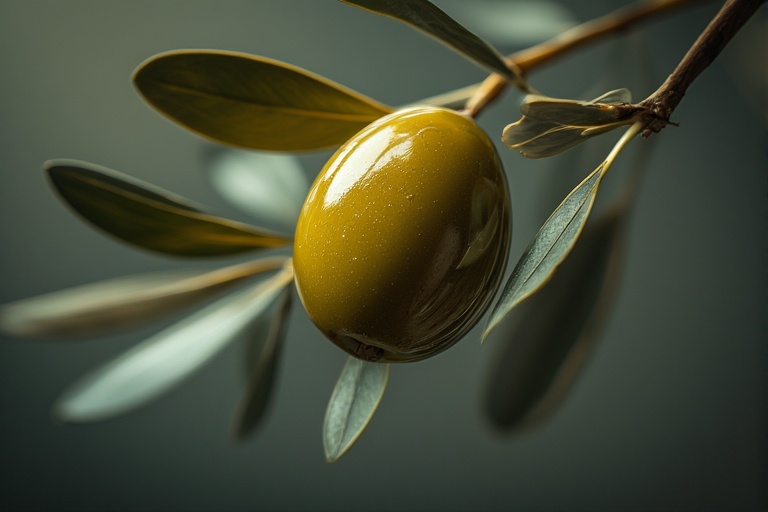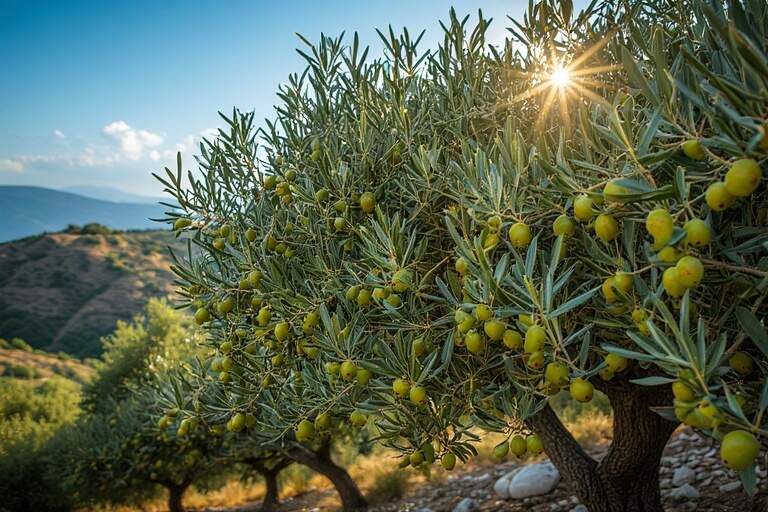When it comes to olive oil, the Koroneiki olive from Crete is the undisputed queen. Small but mighty, this humble fruit has been cultivated for over 3,000 years on the island’s sun-drenched hills, where warm winds and rocky soil work their magic. Generations of farmers have perfected the art of nurturing these resilient trees, passing their knowledge down like a sacred family secret. The sight of silver-green leaves shimmering in the Cretan sunlight has become a timeless symbol of patience, care, and balance with nature.

The Koroneiki olive isn’t grown for snacking — it’s prized for producing one of the finest extra virgin olive oils in the world. Its oil is smooth, golden-green, and bursting with the aroma of fresh grass, wild herbs, and a hint of pepper at the finish. Every drop tells the story of Crete’s timeless connection to the earth and its ancient love affair with the olive tree. In every household, bottles of this golden nectar hold not just flavor, but family pride and heritage.

Farmers still harvest Koroneiki olives using traditional methods, handpicking them at just the right moment of ripeness. The olives are pressed within hours, ensuring that the oil retains its rich antioxidants and bold flavor. The result? A nutritional powerhouse — high in polyphenols, heart-healthy fats, and pure Mediterranean goodness. Even today, many producers focus on sustainable farming, respecting the rhythm of nature and the land that sustains them. Each harvest is a celebration of community, hard work, and gratitude for what the earth provides.
In Crete, olive oil isn’t just food — it’s culture. Locals drizzle it over bread, fish, and salads, and even use it in desserts. For them, it’s more than a product; it’s a way of life that connects past and present, tradition and taste.
So, next time you pour a little golden glow onto your plate, remember: you’re tasting history in a bottle — the true essence of Crete.

